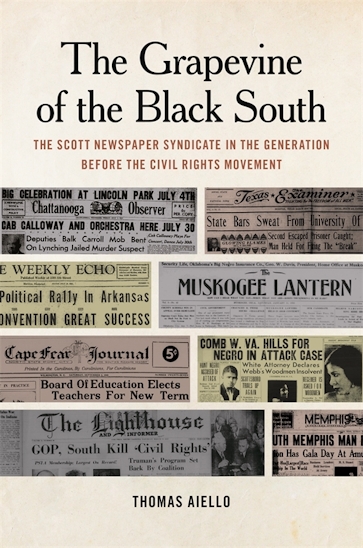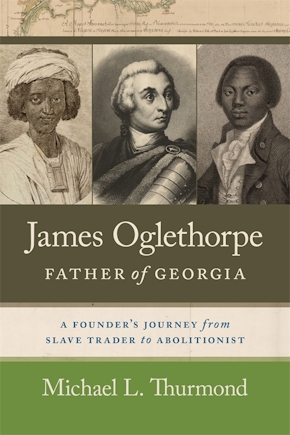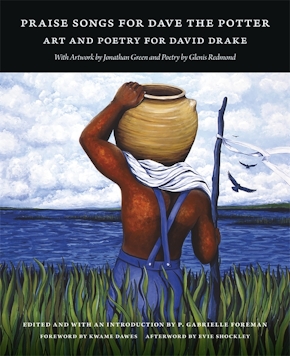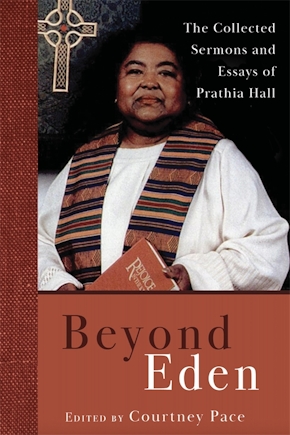The Grapevine of the Black South
The Scott Newspaper Syndicate in the Generation before the Civil Rights Movement
Title Details
Pages: 310
Trim size: 6.000in x 9.000in
Formats
Hardcover
Pub Date: 11/01/2018
ISBN: 9-780-8203-5446-0
List Price: $104.95
eBook
Pub Date: 11/01/2018
ISBN: 9-780-8203-5447-7
List Price: $104.95
Paperback
Pub Date: 11/01/2018
ISBN: 9-780-8203-5445-3
List Price: $36.95
The Grapevine of the Black South
The Scott Newspaper Syndicate in the Generation before the Civil Rights Movement
The black press, unity, and the civil rights movement in the United States
Skip to
- Description
In the summer of 1928, William Alexander Scott began a small four-page weekly with the help of his brother Cornelius. In 1930 his Atlanta World became a semiweekly, and the following year W. A. began to implement his vision for a massive newspaper chain based out of Atlanta: the Southern Newspaper Syndicate, later dubbed the Scott Newspaper Syndicate. In April 1931 the World had become a triweekly, and its reach began drifting beyond the South.
With The Grapevine of the Black South, Thomas Aiello offers the first critical history of this influential newspaper syndicate, from its roots in the 1930s through its end in the 1950s. At its heyday, more than 240 papers were associated with the Syndicate, making it one of the biggest organs of the black press during the period leading up to the classic civil rights era (1955–68).
In the generation that followed, the Syndicate helped formalize knowledge among the African American population in the South. As the civil rights movement exploded throughout the region, black southerners found a collective identity in that struggle built on the commonality of the news and the subsequent interpretation of that news. Or as Gunnar Myrdal explained, the press was “the chief agency of group control. It [told] the individual how he should think and feel as an American Negro and create[d] a tremendous power of suggestion by implying that all other Negroes think and feel in this manner.” It didn’t create a complete homogeneity in black southern thinking, but it gave thinkers a similar set of tools from which to draw.



